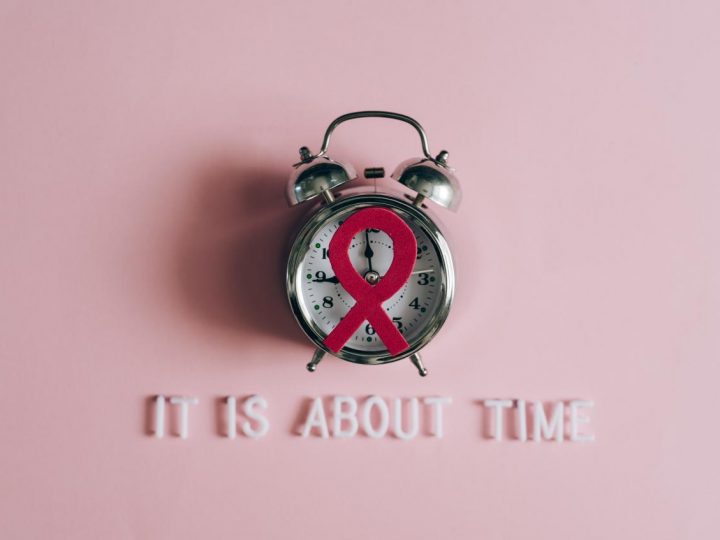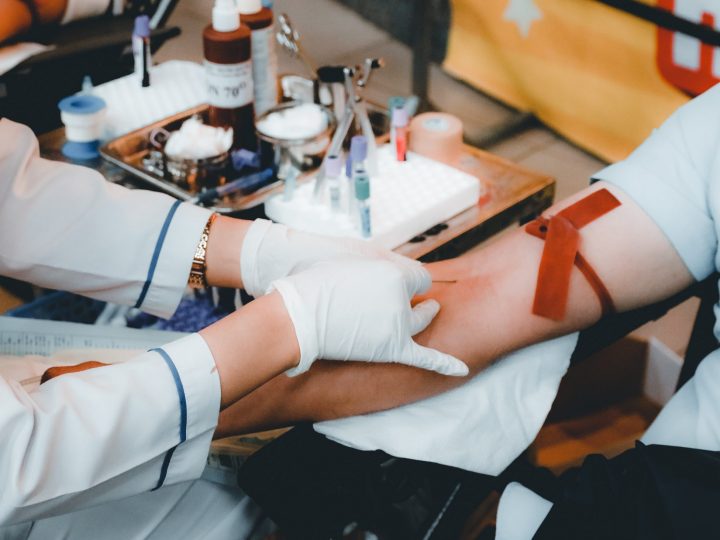What is “Kissing Disease,” and Why Does EBV Screening Matter?
Mono, or infectious mononucleosis, is a contagious illness usually caused by the Epstein-Barr virus (EBV). The virus spreads easily through bodily fluids like saliva, which is the reason why mono is sometimes referred to as “kissing disease.”
Overview of Mono

(Copyright photo from https://www.everydayhealth.com/mononucleosis/symptoms/)
In line with the trusted source [1], mono occurs most often in people ages 15 to 17, but the infection can develop at any age. Once the persons have been exposed to the Epstein-Barr virus, they are usually not at risk for developing mononucleosis again.
Mono is characterized by fever, sore throat, and extreme fatigue, swollen lymph glands, most often in the neck. Considering the symptoms of mono may resemble other medical conditions, EBV screening for a diagnosis is of great significance.
Mono infections in children usually do not cause distinguishable symptoms. For example, people who develop symptoms due to mononucleosis, usually teenagers or adults, will get better within two to four weeks.
For most people, mono isn’t serious. It usually goes away on its own after a few weeks of rest. Still, extreme fatigue, body aches, and other complications can interfere with daily life. At all events, a timely EBV screening should be brought to the forefront so that the patients can obtain early and proper guidance and treatment.
Prevention of EBV

(Copyright photo from https://www.news-medical.net/news/20220623/Epstein-Barr-virus-can-reactivate-in-long-COVID.aspx)
EBV, which causes mono disease, is one of the most common human viruses. EBV is found worldwide, and most people will become infected with it at some point in their lives.
When you first get infected with EBV, the virus can spread for weeks, even before you develop symptoms. Once the virus has entered your body, it remains latent. If the virus reactivates, EBV can be spread regardless of how much time has elapsed since the initial infection.
EBV is most often transmitted through body fluids, especially saliva. Also, EBV can be transmitted by sharing objects that an infected person recently used, such as a drinking glass or toothbrush. The virus probably survives on an object for at least as long as it remains moist.
Unfortunately, there is no vaccine available to prevent EBV infection. However, you can help protect yourself by avoiding kissing or sharing personal items such as drinks, food, or toothbrushes with someone infected with EBV. And remember to wash your hands regularly to prevent the spread of the virus. Last but not least, get detection as early as possible after the onset of the symptoms, for the safety of yourself and those around you, don’t hesitate to go for a EBV screening test if necessary.
Utilization of Diagnostic Kit
Diagnostic kits have proven to be accurate and reliable. They provide patients with information about their current health condition, which enables users to make informed decisions.
Regarding infectious mononucleosis, Sansure’s EBV DNA Quantitative Fluorescence Diagnostic Kit presents one of the best choices for diagnosing an EBV infection and observing drug efficacy, which makes them one of the best solutions for EBV screening.

1. Apply advanced magnetic beads technology
Sansure applies new generation “Advanced Magnetic Beads Technology,” which needs only a simple washing step to obtain high-purity nucleic acid. Despite the simplicity of operation, it enables highly sensitive, wide linear range PCR assays with good reproducibility, high interference resistance, and wide genotype coverage, ensuring the most accurate result of EBV screening.
2. Apply one-tube fast-release technology
Sansure’s “One-Tube Fast Release Technology” is the world’s leading PCR detection technology in the industry. The patented Sansure nucleic acid release technology enables rapid lysis of pathogens at room temperature without heating, centrifugation, or tube changes and rapid extraction of sample DNA/RNA by a simple operation. Therefore, the tests are not restricted to the labs alone, as medical practitioners may conduct EBV screening on many other occasions.
3. Keep amplification time within 70 mins
Based on the traditional fluorescent PCR instrument, the “multiplex fluorescent PCR amplification technology” has been developed and upgraded independently in Sansure. It enables rapid and accurate identification and diagnosis of various pathogens. As a result, the amplification time is limited to 70 minutes.
4. Sensitivity reaches 400 copies/mL
Sensitivity plays a vital role in evaluating the accuracy and reliability of a diagnostic test both prior to implementation and as part of ongoing quality assurance. EBV screening is no exception. Higher test sensitivity equates to positive infection and means a lower rate of false negative results. Under the premise of guaranteed PCR amplification reaction time, the product has high sensitivity reaching 400 copies/mL.
In brief, the high specificity and sensitivity that co-exists in Sansure’s EBV virus DNA Quantitative Fluorescence Diagnostic Kit demonstrates the strengths, marking itself a leading diagnostic kit solution.
Reference:
[1] About Infectious Mononucleosis. Available at: https://www.cdc.gov/epstein-barr/about-mono.html





